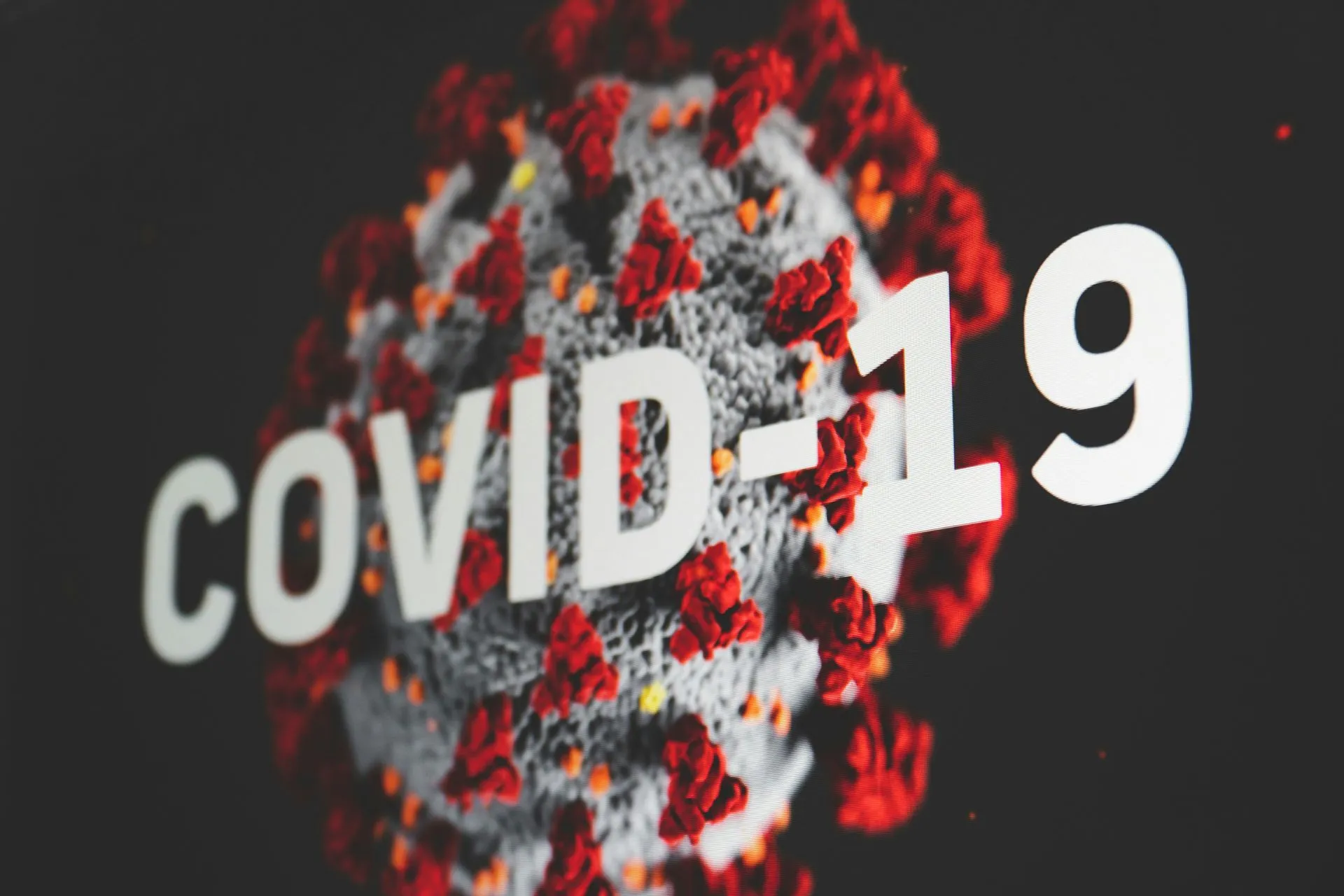JN.1, the new SARS-CoV-2 variant of interest, has caught the attention of the CDC and the WHO. Although it is not classified as a variant of concern, it is still being closely monitored. JN.1 is a descendant of the BA.2.86 variant from Omicron, which was prevalent in the summer of 2023. BA.2.86 had 30 mutations on its spike protein, but never gained prevalence globally. It’s global prevalence peak waS 8.9% in the summer of 2023. What sets JN.1 apart is its transmissibility despite only 1 spike protein mutation It is evading neutralizing antibodies. Neutralizing antibodies are those antibodies your body makes after a natural infection rather than a vaccination.
As of January 2024, JN.1 has become the dominant variant, making up 61.6% of circulating variants in the US. And in January of 2024, Covid infections and positive tests are higher than January of 2023. Thankfully, hospitalizations and deaths are lower. One specific mutation in JN.1, L455S, allows it to enhance its binding capability to the ACE2 receptor site on the spike protein, increasing its transmissibility. Therefore, even if a test comes back negative, if you are sick, please consider yourself to have COVID unless proven otherwise. If you do choose to test, understand your test will likely be negative the 1st few days as the viral load will not be high enough to measure. This is the best time to see treatment- when your efforts will have the greatest positive effect.
Like previous COVID-19 infections, symptoms include:
• high fevers,
• body aches,
• muscle and joint pains,
• cough, and
• extreme fatigue.
JN.1: A New Variant of Interest in the COVID-19 Landscape
The Journal of the American Medical Association and the CDC are still recommending the latest COVID-19 vaccine, despite some interesting factors to consider. The vaccine, released in September 2023, targets XBB1.5, which is no longer in circulation. By the time the vaccine was released, the circulation of XBB1.5 had already reduced by 3%. It’s important to note that XBB1.5 belongs to a different branch of the Omicron variant than BA.2.86, which JN1 is a descendant of. And, JN! is three to five times LESS susceptible to the most recent vaccine released.
Given these circumstances, here are some recommendations if you find yourself sick. First, I advise you to stay home to prevent the spread of the virus. Additionally, you can take certain supplements to support your immune system.
Increase your
• zinc intake to 100 milligrams a day,
• consume 1000 milligrams of vitamin C twice a day,
• take 500 milligrams of quercetin daily,
• consume 500 milligrams of curcumin twice a day,
• take 5000 units of vitamin D daily.
• Consider taking 325 milligrams of aspirin daily unless it is contraindicated for you.
• Finally, taking melatonin extended release at night can help regulate your immune system.
• Add an antiviral drug to your regimen, such as hydroxychloroquine or ivermectin, which prevents the virus from replicating in your body.
